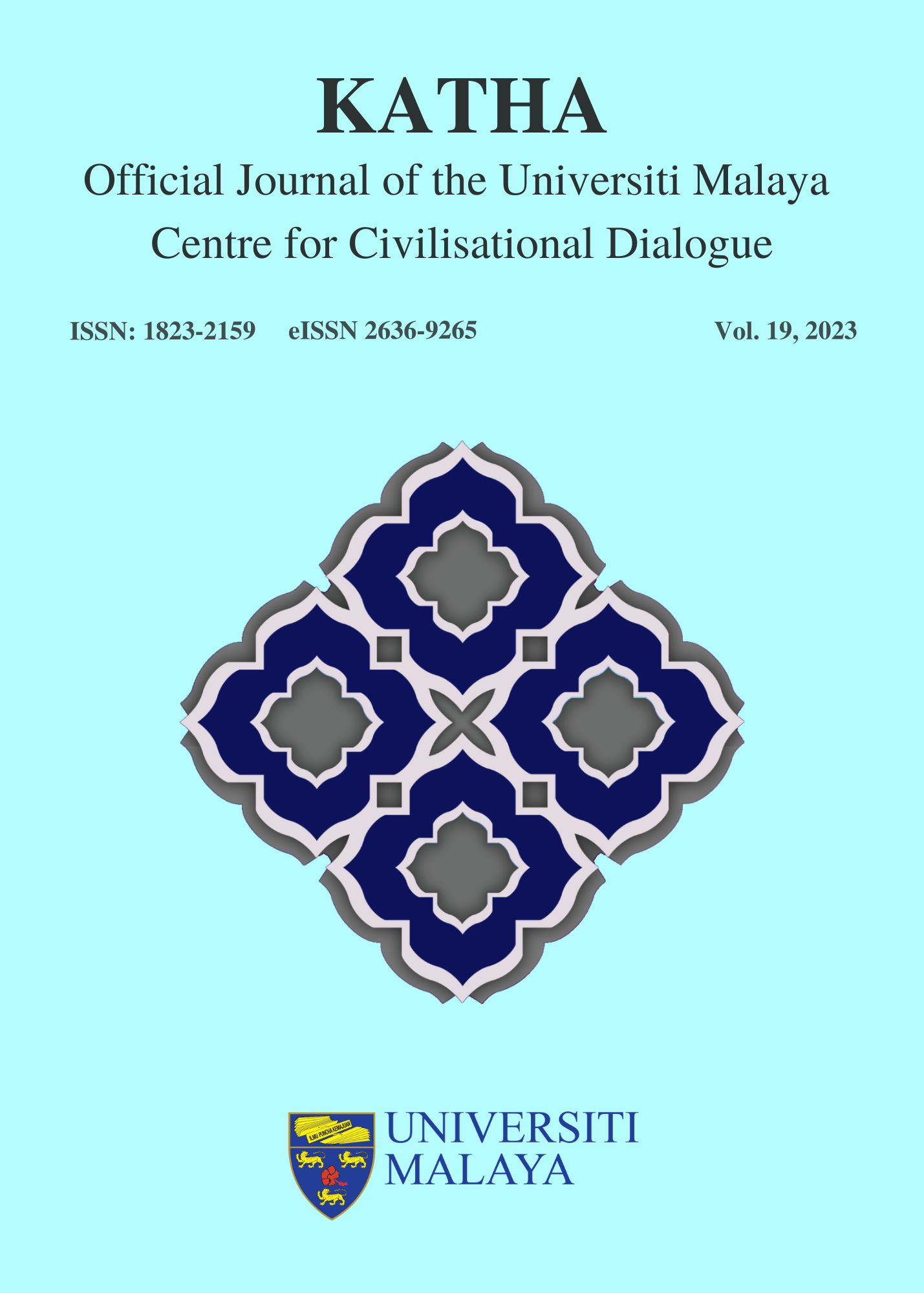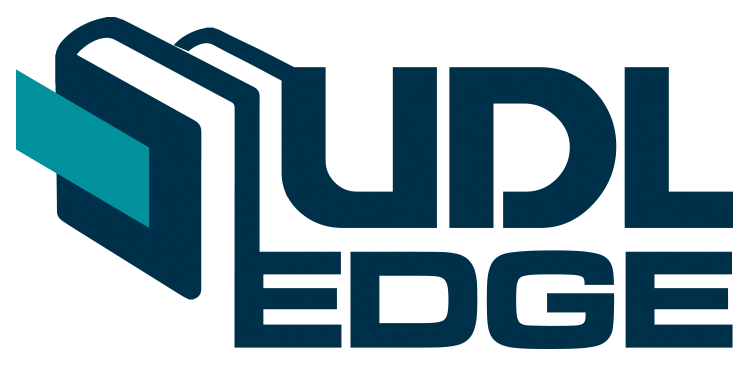Interreligious Dialogue in Malaysia: Issues of its Implementation
DOI:
https://doi.org/10.22452/KATHA.vol19no1.1%20Keywords:
Issues, Criticisms, Interreligious dialogue, ModulesAbstract
As the world continues to evolve, problems among religious adherents have increasingly rendered the need for interreligious dialogue to achieve mutual understanding. The dialogue is crucial as it is a platform to communicate, understand, and get to know others of different backgrounds and beliefs. Nevertheless, the implementation of interreligious dialogue has led to some criticism on the credibility of its practice, especially in Islam. Therefore, this paper attempts to identify the challenges that occur throughout the implementation of Interreligious dialogue and their causes. This includes the arguments and the views of leaders or religious figures as well as intellectuals in favor or against interreligious dialogue. To do that, this study focuses on literature reviews and has discovered that the issues brought upon the implementation of inter-religious dialogue were based on a less accurate description of the actual ideas and practices. The finding also shows that not enough Interreligious dialogue modules are available and this gap must be filled with fresh perspectives to serve as a resource for future dialogues.
Keywords: Issues, Criticisms, Interfaith Dialogue, Modules
Downloads
Downloads
Published
How to Cite
Issue
Section
License
Copyright (c) 2023 KATHA- The Official Journal of the Centre for Civilisational Dialogue

This work is licensed under a Creative Commons Attribution-NoDerivatives 4.0 International License.
Articles submitted to the journal should not have been published before in their current or substantially similar form, or be under consideration for publication elsewhere. Authors submitting articles for publication warrant that the work is not an infringement of any existing copyright and will indemnify the publisher against any breach of such warranty. For ease of dissemination and to ensure proper policing of use, papers and contributions become the legal copyright of the publisher unless otherwise agreed. By submitting a manuscript, the author(s) agree that copyright for the article is transferred to the publisher, if and when the manuscript is accepted for publication. However, it can be reprinted with a proper acknowledgment that it was published in KATHA.

This work is licensed under a Creative Commons Attribution-NonCommercial-NoDerivatives 4.0 International License.




